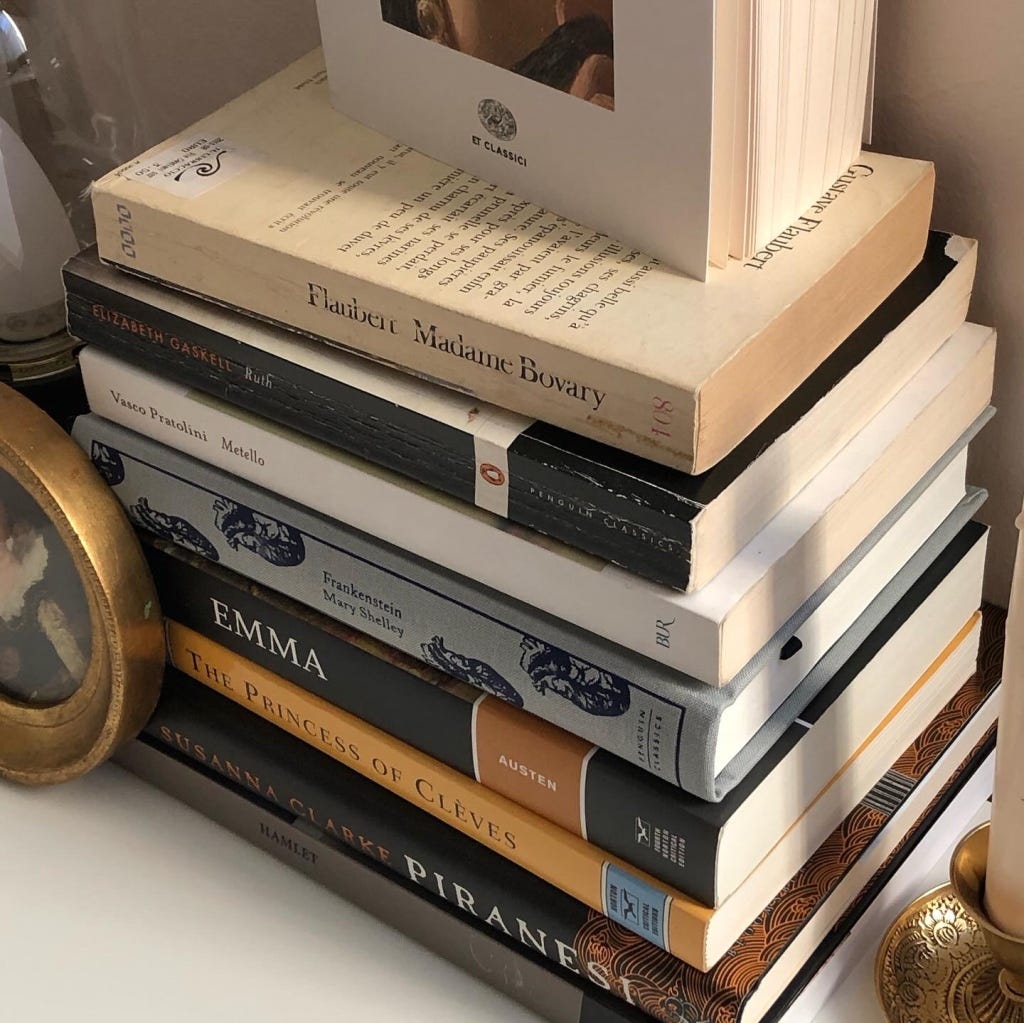Why do we read?
In the theory of literature textbook I’ve been studying, a paragraph is titled “Why do we read?”.
According to academics, there are a few different reasons. My first, instinctual answer would be, “I read because I like it.” The most basic answer is precisely that: reading stimulates our senses (Karin Littau). We read because it has an emotional impact on us, even a physical one at times. Another reason why we read is that—according to Jonathan Gottschall—we are “storytelling animals”, and narratives help us understand and prepare for difficulties in our life. Frank Kermode’s more philosophical answer is that humans are born “in medias res” and constantly fight against the idea that their life is an infinitesimal part of the grand history of life; we have an urge to make sense of our existence in this world and give it a coherent shape, imposing a narrative structure on it. Reading helps us with this process, and it is why it gives us pleasure to experience stories with a beginning, a middle, and an end.
Rita Felski sees reading as an interactive process; readers recognise themselves in the text, and even gain new insight not just on the world around us but on our own selves. Moreover, she says, we love being absorbed in a text to the point of forgetting we are reading words on a page, being enchanted by the world of the narrative and immersed in it. All these aspects give us a more profound sense of our own experiences.
Lisa Zunshine applies the “theory of the mind” to novel reading and she states that we love reading because we enjoy understanding other people, which includes fictional characters. Alan Palmer agrees, noting that we interact with fictional minds as if they were real, and we relish in having access to the mind and conscience of characters. Marco Caracciolo affirms that we not only attribute conscience to the characters we read about, while we read, but we also enact it, bonding with the characters in a way that is sometimes deeper than real-life interactions, because we can often literally enter the mind of characters in a way that is impossible with other people, regardless of how empathic we may be. Finally, Georges Poulet stated that while reading, «I am thinking the thoughts of another».
I can hardly disagree with any of these theories, but the one I resonate with the most is the idea that we read books because we want to interact with characters. We want to know their thoughts, understand the motivations behind their actions, feel their same feelings as they go through them. We want to live with them as long as they’re on the page, and even when we’ve closed the book, something of them stays with us. After all, it’s been proven that while people may forget plot points, they tend to hold a clearer memory of characters through time. That is something I love, something that speaks to me.
What is your own reason for reading? Which one of these do you agree with the most? I’d love to know your thoughts!


